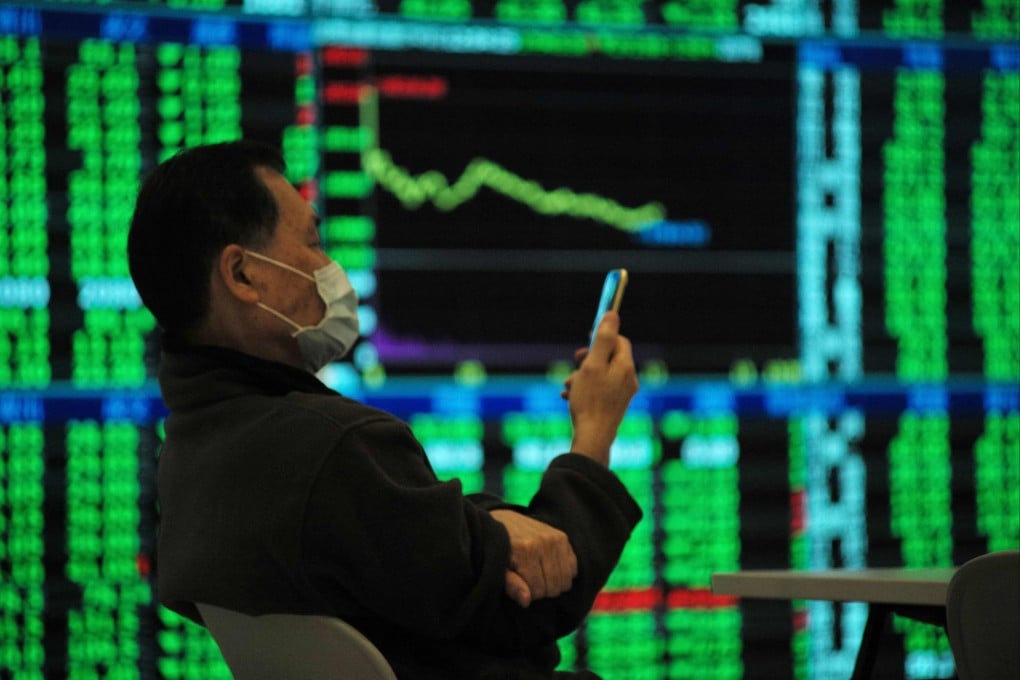Mainland China consumer market still holds appeal for Taiwanese investors, despite tensions
- ‘Deteriorating’ business environment, geopolitics strain potential for investment-driven trade, but consumer market still worthwhile, Taiwan government says
- Recent overtures toward greater connectivity have been made from both sides of the strait, but rocky relations hamper flows of people, capital

As tough economic and geopolitical changes have made mainland China less viable as a base to manufacture exports, Taiwanese investors have altered their business strategy to serve the vast consumer demand there, according to the island’s government.
An intensifying rivalry between the US and China, the offshoring of supply chains by Taiwanese companies and a “deteriorating” business environment have pushed Taiwan’s investors on the mainland to shift their focus “gradually from the model of investment-driven trade to serving the mainland’s domestic demand”, the island’s Mainland Affairs Council told the Post by email on Wednesday.
Beijing sees the self-ruled Taiwan as a breakaway territory that must eventually be reunified. Cross-strait relations have crumbled in recent years, and heightened tensions have become a global flashpoint.
About 4,200 Taiwanese companies have set up shop in mainland China – the world’s second largest economy – since the 1980s to make a host of goods, such as sports gear and consumer electronics.
Taiwanese investors typically re-export those wares to Western countries, but since 2018 they have been daunted by US import tariffs targeting China and Western pressure to shift production outside the mainland.
“In recent years, the overall business environment in mainland China has deteriorated, and the US-China technology and trade wars have caused the supply chains of some Taiwanese businessmen engaged in triangular trade to move overseas,” the council said.
Today’s mainland consumer market is “depressed”, said Brady Wang, a Taipei-based analyst with the tech research firm Counterpoint. A property crisis, youth unemployment and uneven post-pandemic economic recovery have beleaguered the mainland in recent years.
